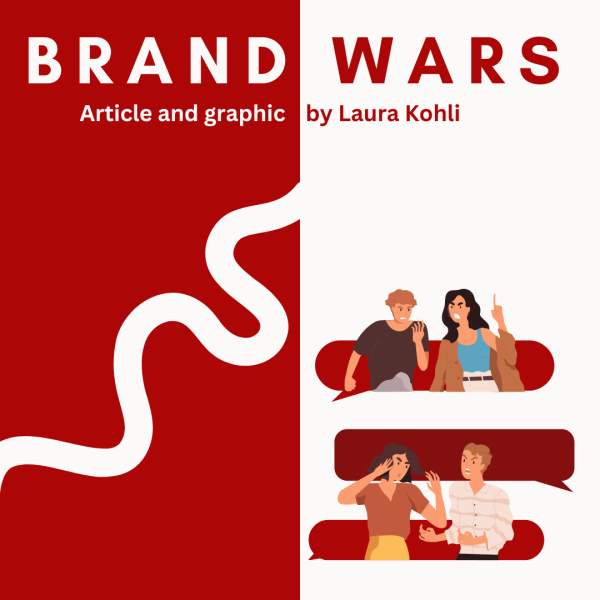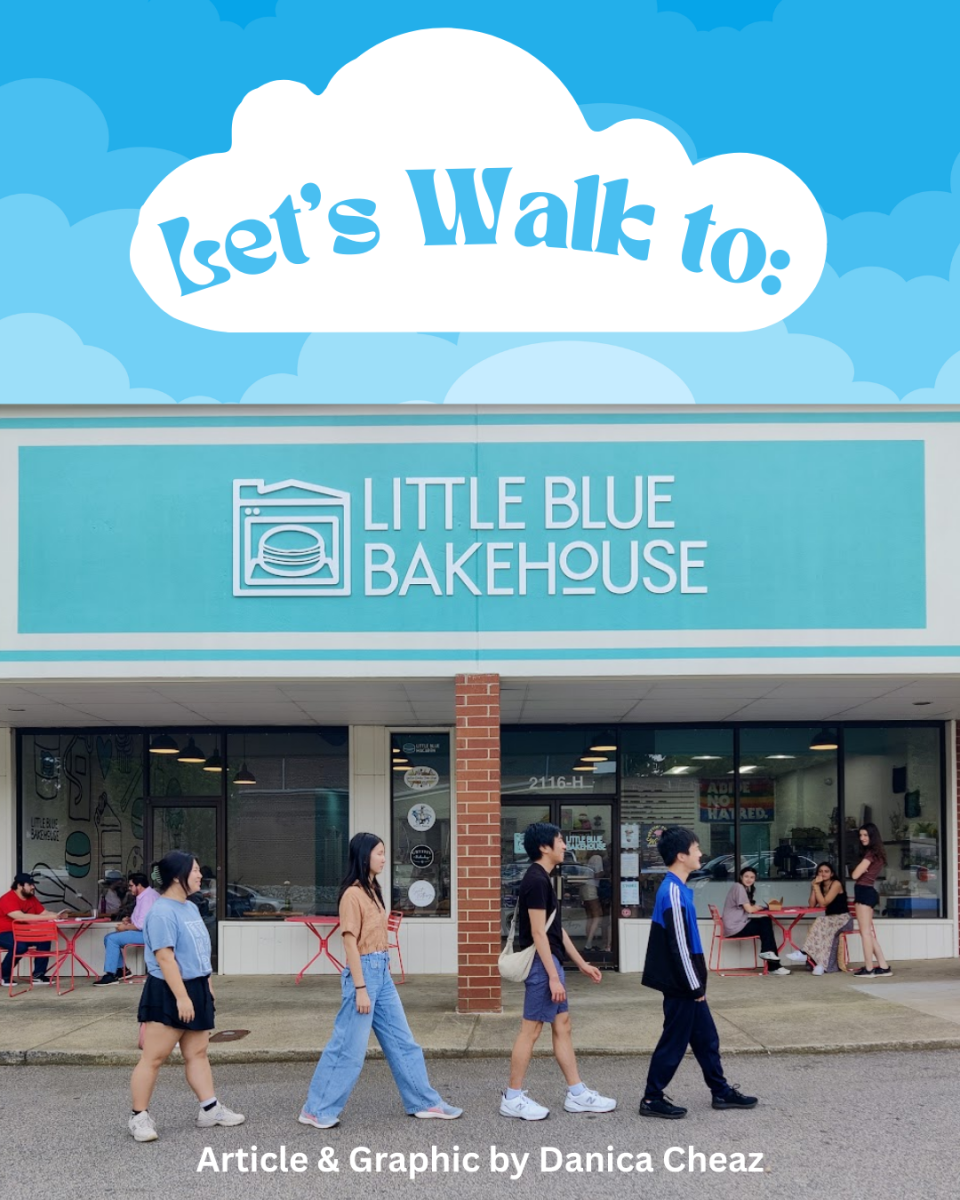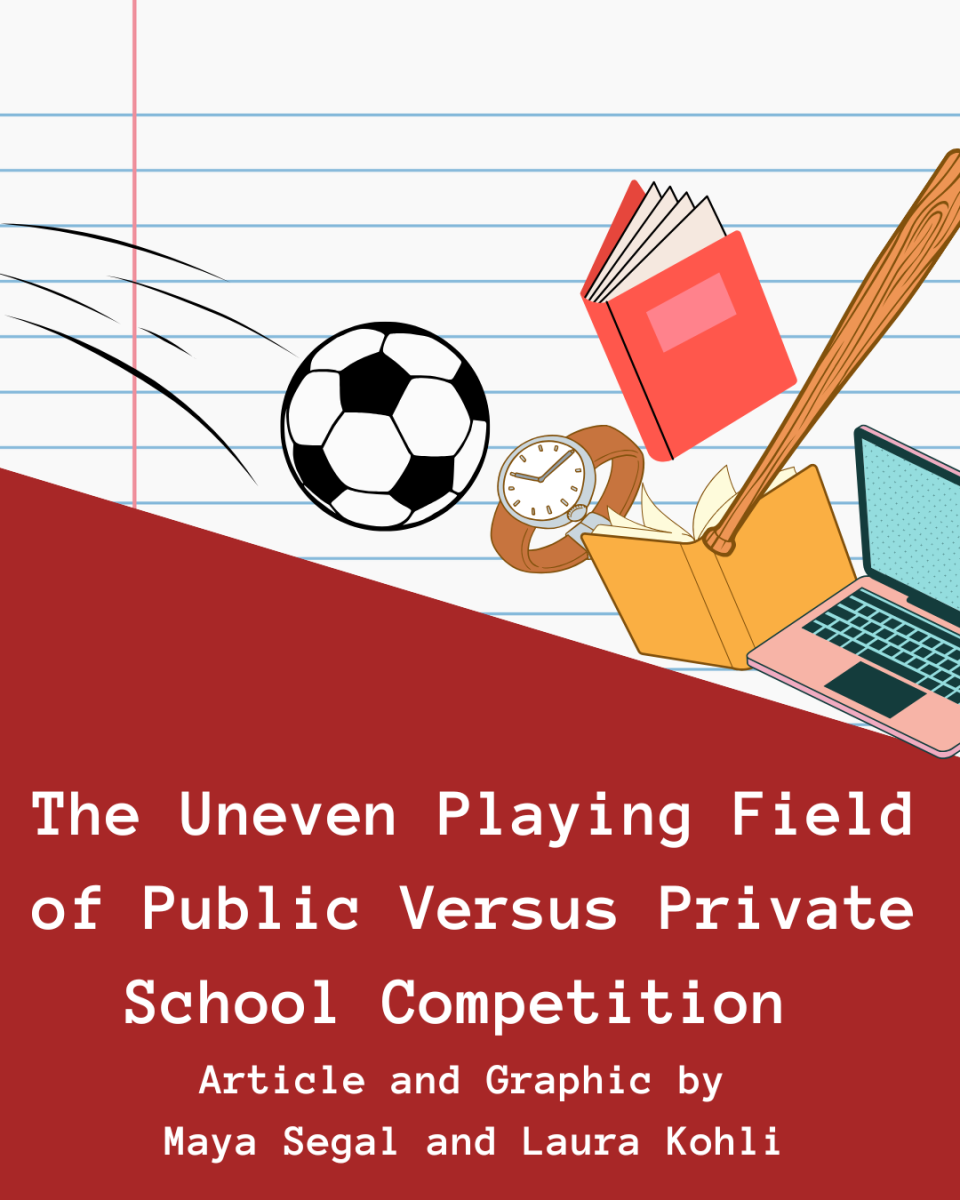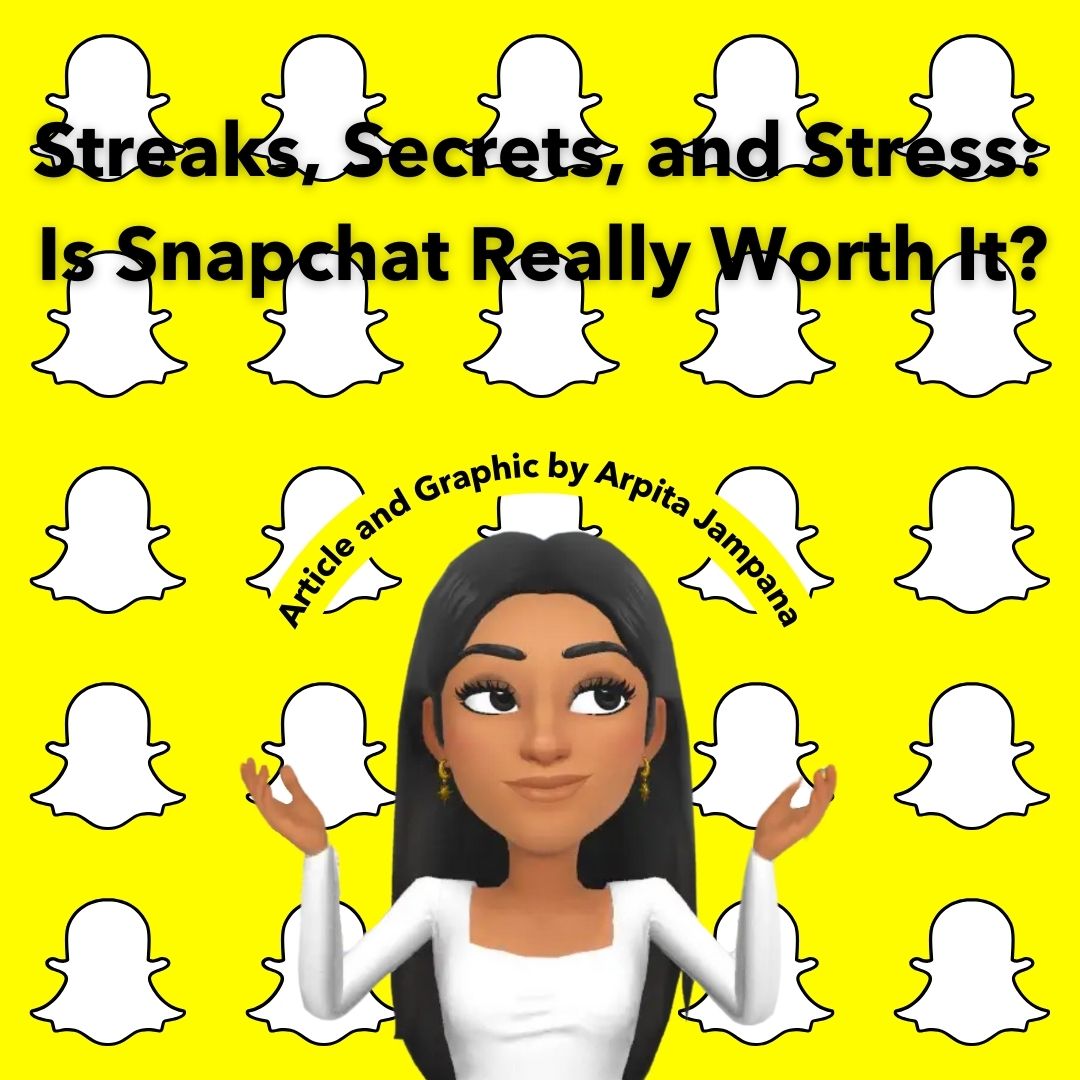In 1881, kola nuts, sugar, coca leaves, and carbonation were blended together in Atlanta, Georgia to create what the inventor thought would be cough syrup. But pretty soon the flavor picked up and the fizzy soda became an American staple.
When you think of soda, one of two brands comes to mind: Pepsi or Coke. Although Coke came first in 1886, the Cola soda was followed up 12 years later by Pepsi in 1898. Despite the similar flavors, the two existed in corporate peace as they both rose in popularity throughout the 20th century. That was until 1975 when Pepsi got the brilliant idea to launch an ad campaign against Coca-Cola. Featuring blindfolded consumers taste-testing both sodas and choosing Pepsi over Coke every time, the advertisement was a direct attack on Coke. “The Pepsi Challenge” became such a cultural phenomenon that some people even started wearing badges to announce which side they belonged to.
Pepsi and Coke had just started the first brand war. But what was the point of attacking your competition directly? In reality, whether or not Pepsi got ahead of Coke was never crucial. The brand war was never about the number 1 spot. Pepsi’s fabricated rivalry was a marketing move aimed at promoting brand loyalty, and it worked. Pepsi saw enormous success through the 1970s and continues to be a food and beverage giant today.
Brand loyalty is complete dedication to a brand. Wars like Apple vs. Android, Apple Music vs. Spotify, and McDonald’s vs. Burger King have all followed in the footsteps of Pepsi and Coke, creating cultural teams. Take the Android vs Apple wars, arguably the most prominent brand war today. The debate between the two tech brands has created sides so separated that the type of phone that you have completely ties you to the brand.
Blind loyalty, in any case, is a bad idea. In the context of capitalism, it’s worse. Our freedom as consumers is what gives us power. If a brand releases a bad product, we can simply buy from a different company, meaning that companies must strive to be the best on the market, at least in theory. The genius of brand wars is forcing a rivalry. When customers pick sides, the quality of a product isn’t important; rather, the brand it’s from takes precedence. Publicizing brand rivalry diminishes the importance of competition because it removes any accountability for low-quality products from big brands. When brands weave together competition and create a culture surrounding a product, they can gain consumer trust. Quality, affordability, and production ethics rely on consumers keeping high expectations. But since the rise of brand loyalty in the 70s, a brand’s purchases are guaranteed. This means producers no longer have to improve products to meet consumer expectations.
Maybe you really think Pepsi’s taste is superior to Coke’s. Maybe you actually believe that Spotify’s platform is easier to use. But Pepsi and Apple don’t need your loyalty. So I ask you, next time you brag about your iPhone, look down at Apple music users, or demand Coke instead of Pepsi, take a moment and think. Where is your loyalty coming from?












